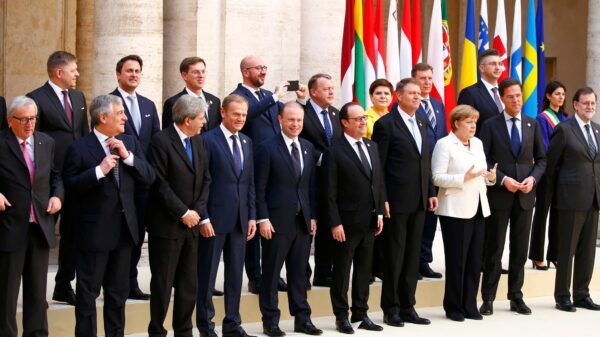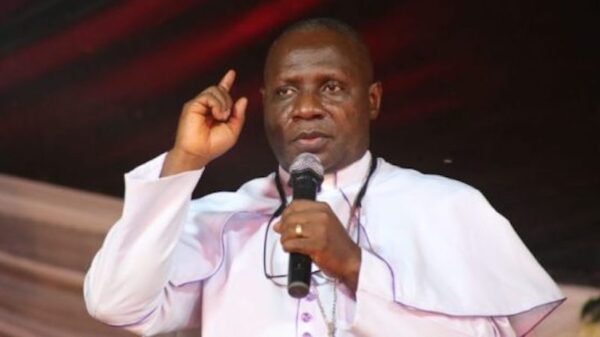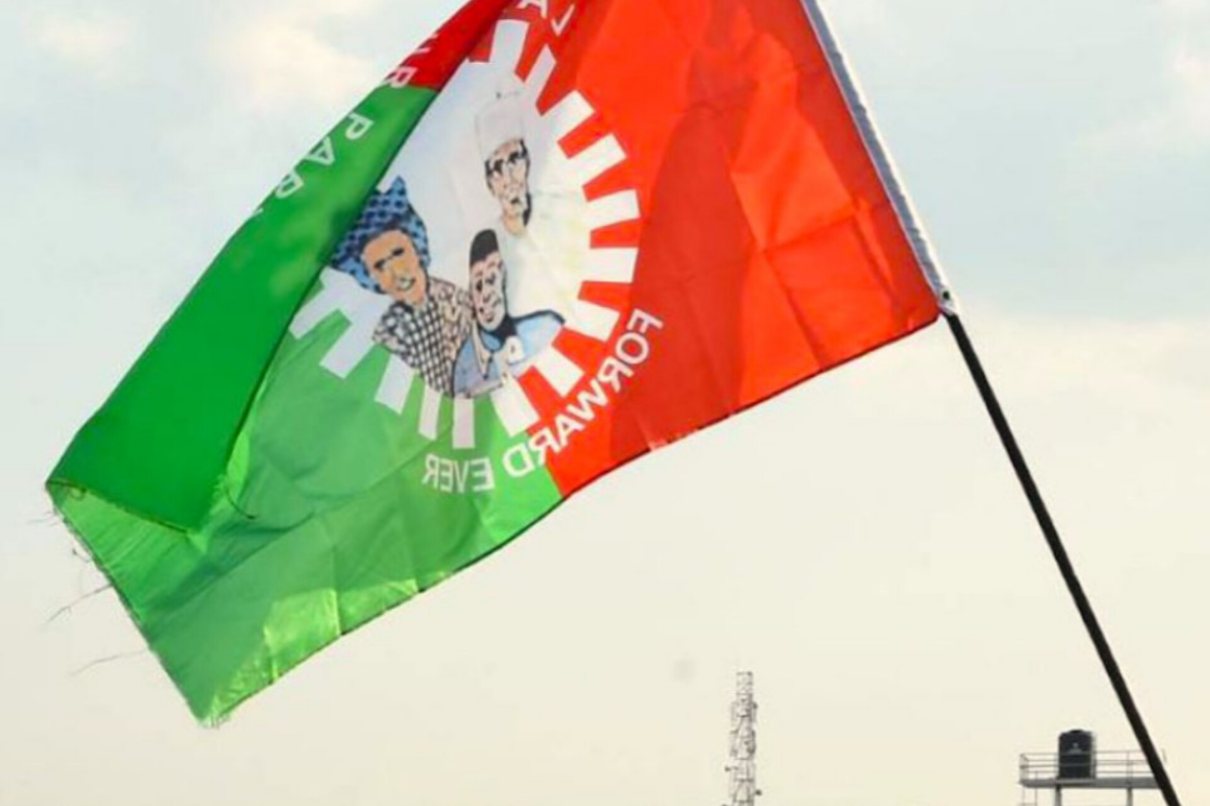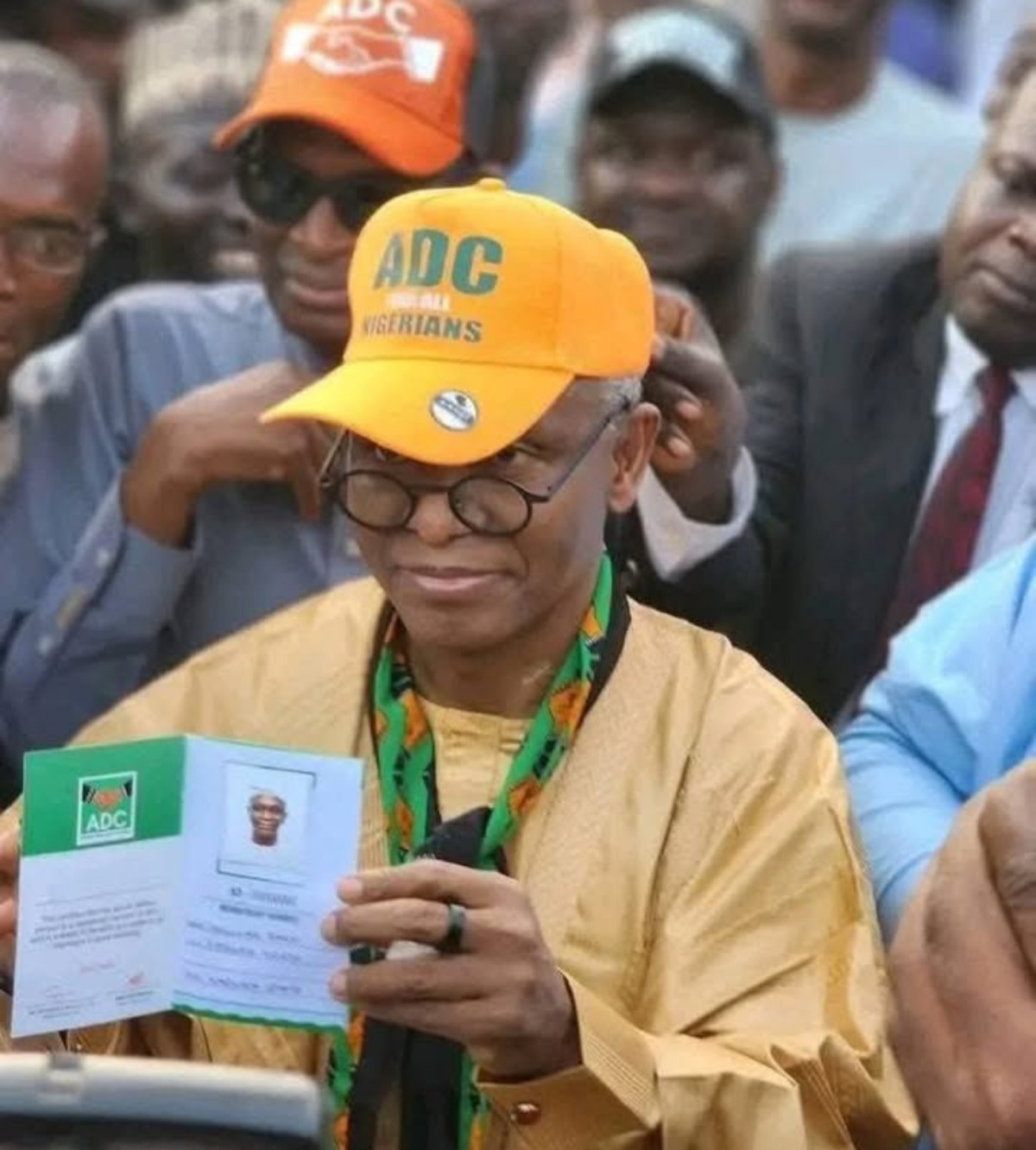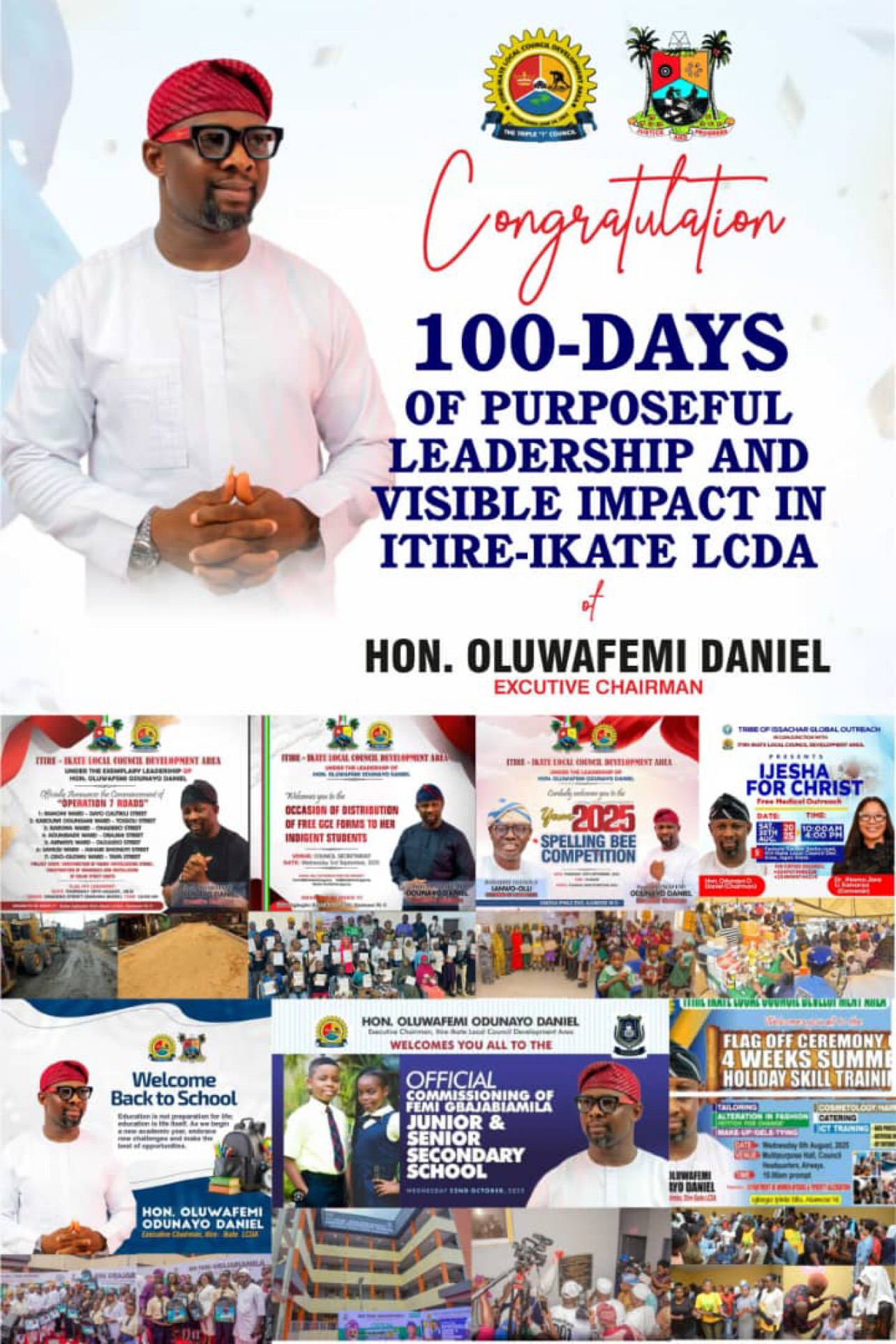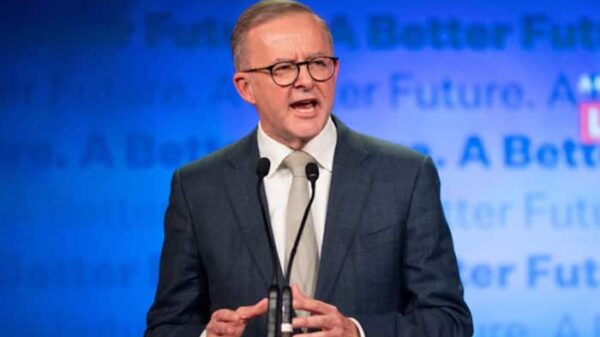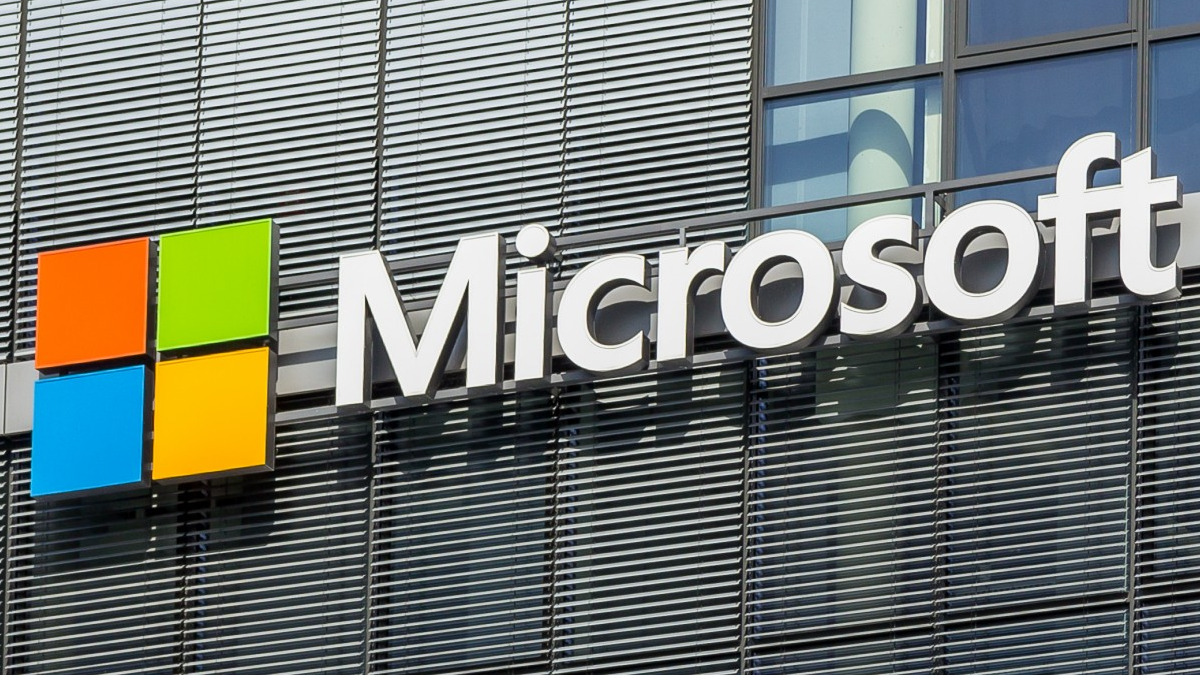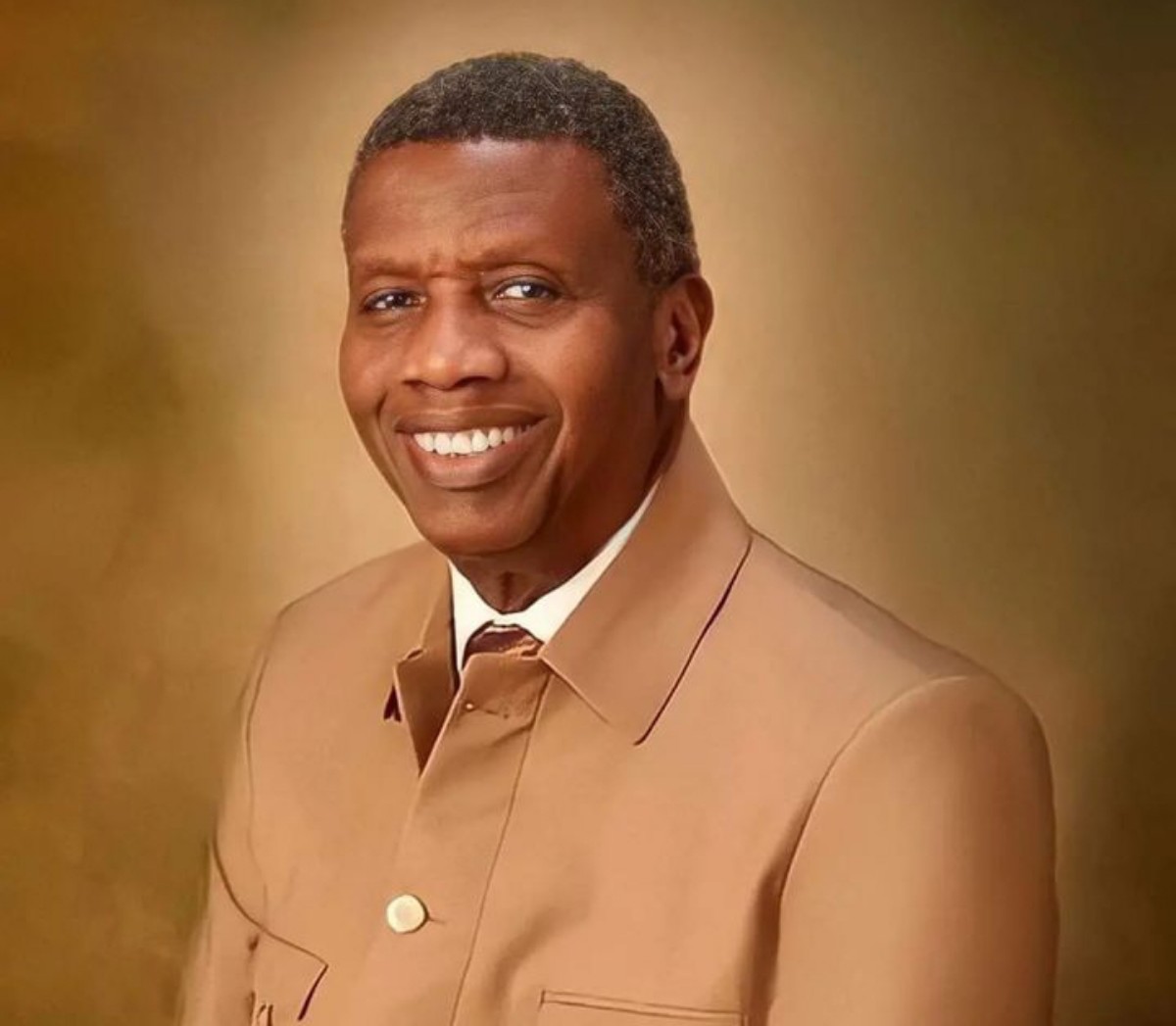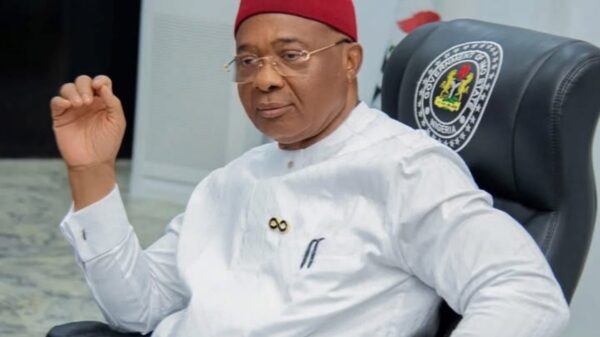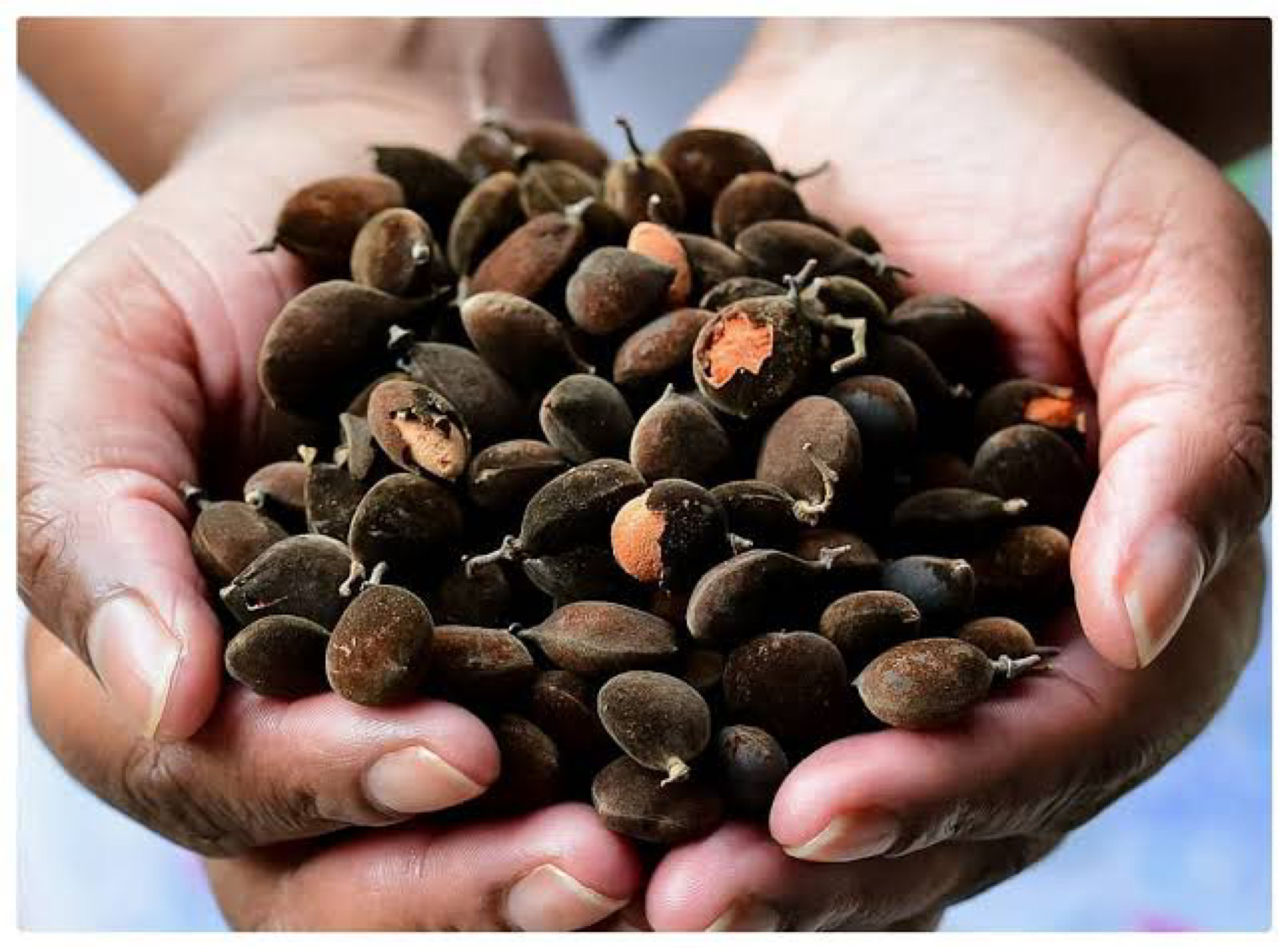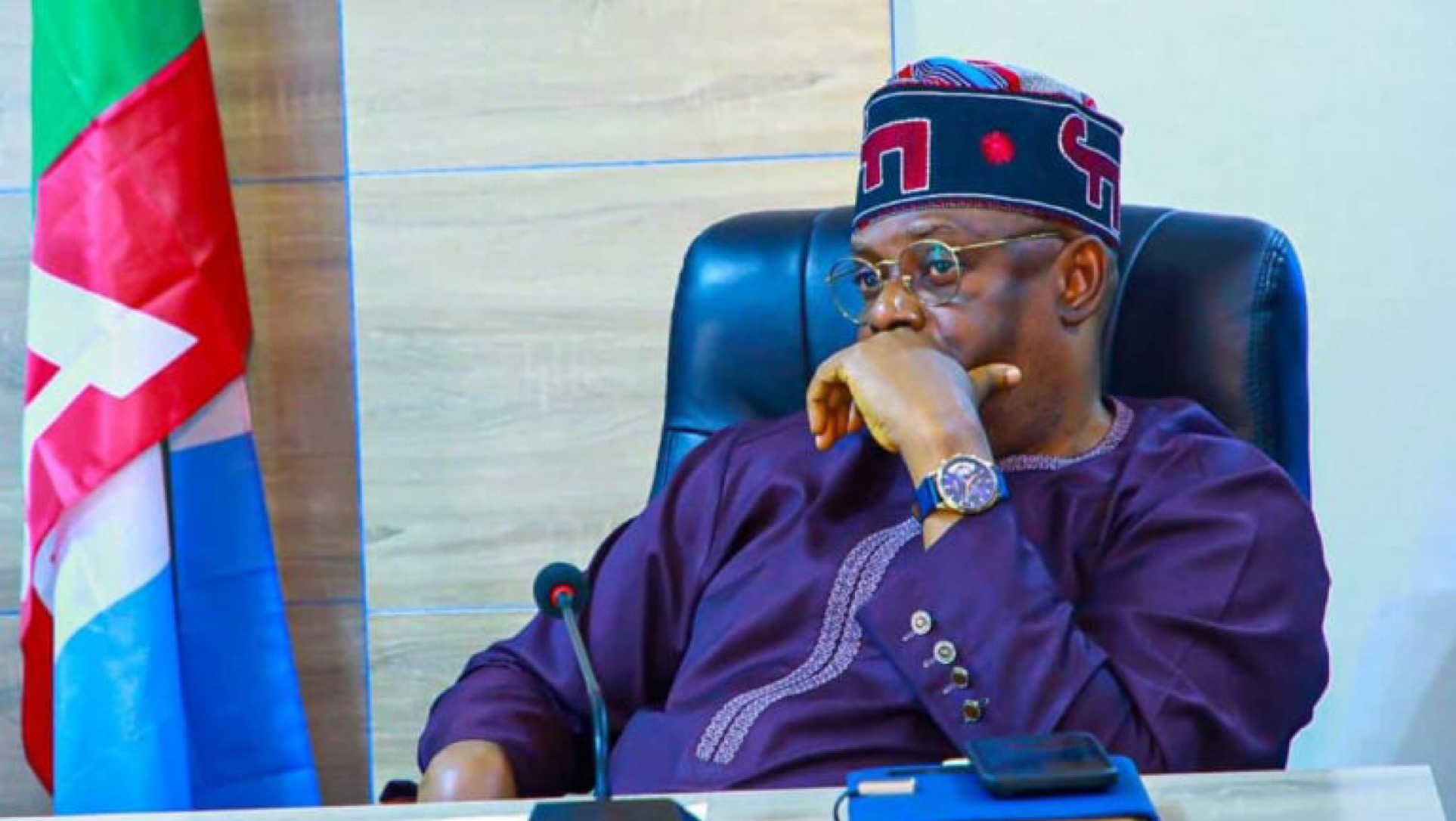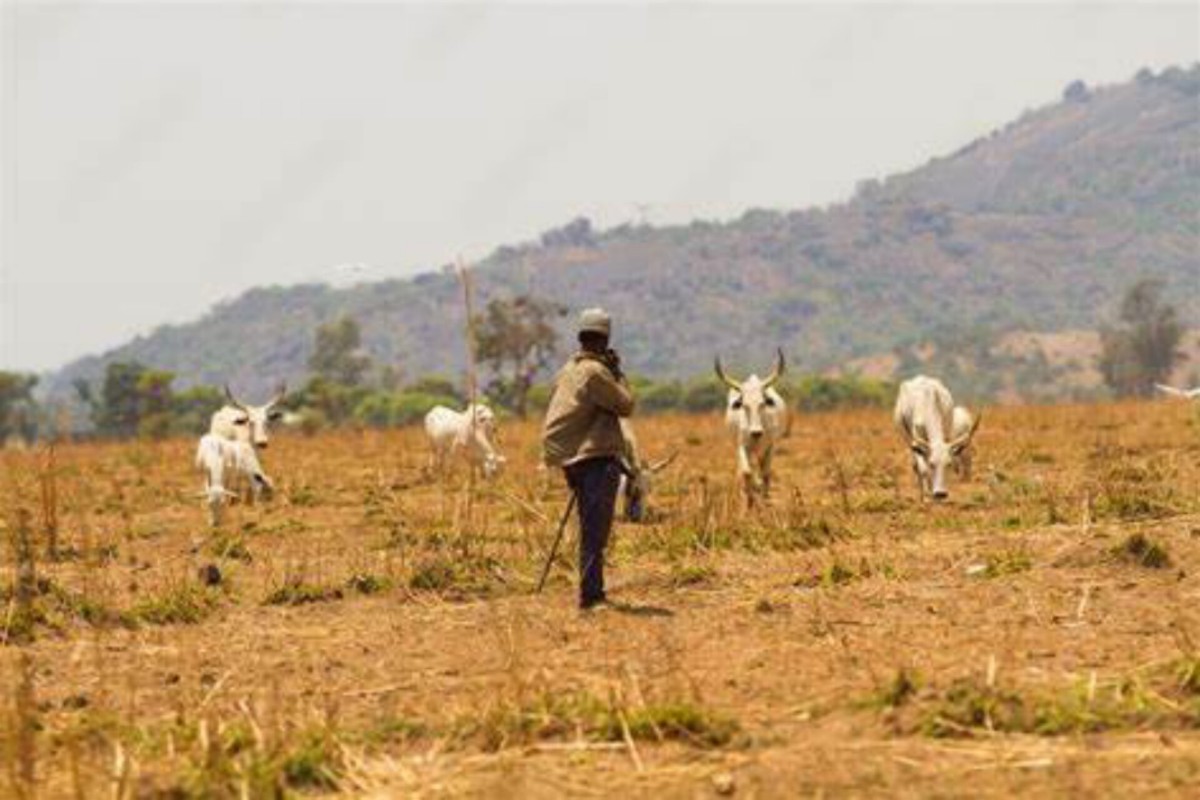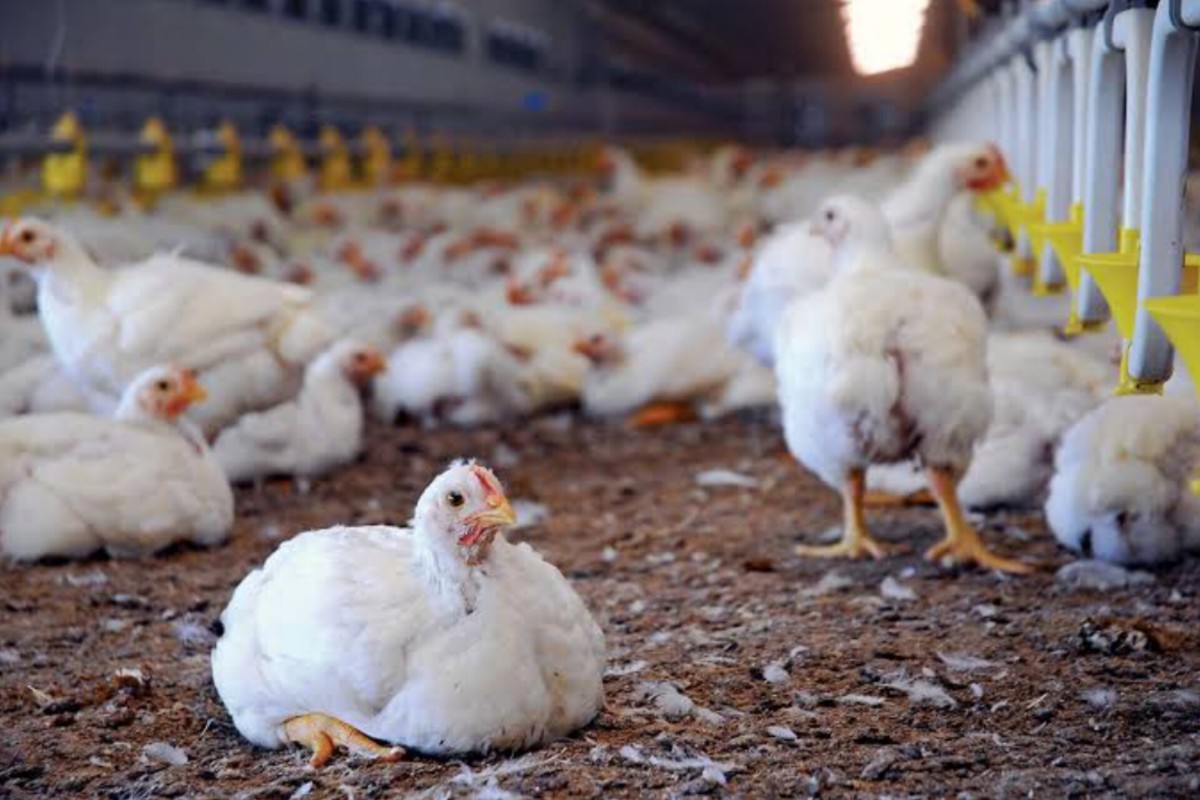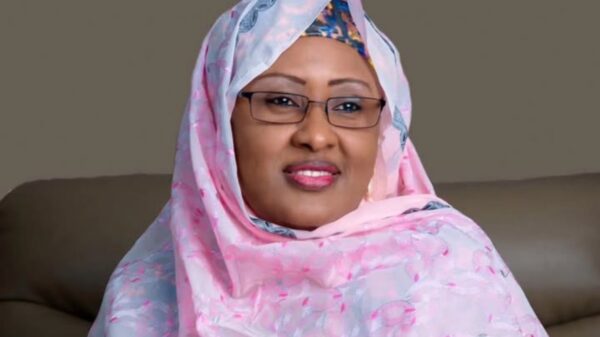The World Bank has said that the tightening of the monetary policy by the Central Bank of Nigeria (CBN), will not address inflation in the country.
The apex bank disclosed this in its global economic prospects report released on Wednesday.
The tightening of the monetary policy rate (MPR) is the increase of interest rate to control soaring inflation.
However, WB said one of the risks of Nigeria’s economic growth is the failure to tighten policies on inflation.
Experts have argued that when interest rates are high, manufacturers, and contractors, among others, find it difficult to borrow, and by implication, low productivity occasioned by job losses.
Since the resumption of the Monetary Policy Committee (MPC) meeting this year, interest rates have increased from 22.75 per cent in February to 26.25 per cent in May – a total increase of 750 basis points.
The World Bank in its latest report noted that: “Risks to Nigeria’s growth outlook are substantial, including the possibility that the tightening of monetary policy stops short of reining in inflation.”
The report also predicted Nigeria’s economic growth rate outlook for the rest of 2024 and 2025 to remain the same. “Growth in Nigeria is projected to pick up to 3.3 per cent this year and 3.5 per cent in 2025,” the World Bank said.
“After the macroeconomic reforms’ initial shock, economic conditions are expected to gradually improve, resulting in sustained, but still-modest growth in the non-oil economy.
“In addition, the oil sector is expected to stabilise as production somewhat recovers”, it stressed.
In his statements as an MPC member at the 151st MPC Meeting of March 25 – 26, 2024, the CBN Deputy Governor in charge of the Financial System Stability Directorate, Philip Ikeazor, has also argued that given the poor contribution to growth and vulnerability to rate hikes of the oil and manufacturing sectors of the economy, consecutive aggressive tightening of interest rate will further depress the economy.
Ikeazor said: “The pressure point is already manifesting, as indicated in the projected contraction of PMI in the industrial sector by 7.1 index points occasioned by rising input cost and low-capacity utilisation.”
Another member of the MPC, a senior fellow and director of the Africa Growth Initiative in the Global Economy and Development Programme at Brookings, Aloysius Uche Ordu, in his statement, emphasised that hiking interest rates impact consumer spending and business investments, as reflected in the composite purchasing managers’ index in February 2024.
He argued that substantive progress in addressing the supply-chain issues and other cost-push factors is needed to minimise the risk that inflation might remain high for long, adding that such an outcome will make life difficult for Nigerians and damage the functioning of the economy.
“To allow higher inflation to become entrenched in people’s expectations would make it much more expensive to reduce later through even higher interest rates, larger output losses and higher unemployment,” he said.
The concerns of Ikeazor were further highlighted by CBN Governor and Chairman of the MPC, Olayemi Cardoso in his personal statement when he argued that, “If such a hyperinflationary scenario is to become reality, available options to control inflation could be severely constrained.”
Cardoso noted that the facts presented to the MPC clearly indicate that the monetary factors contributing to inflation are diminishing in significance.

